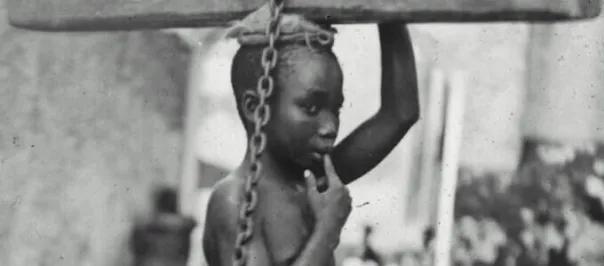
The Eleventh Commandment
I asked my Facebook friends a question today. If you got to write a new commandment what would it be? “Thou shalt ……”.
The one that first came to my mind was “Thou shalt …. be kind.” Covers a lot of moral ground. But there’s another commandment left out of the original Big Ten. It could have been number eleven.
Thou shalt not own another person.
Is it right to own another person? Of course not. The moral Zeitgeist or spirit of the times is that slavery was and is an outrage. Guided by Britain’s Slave Trade Act of 1807 under the leadership of William Wilberforce and America’s Emancipation Proclamation of 1863 under the leadership of Abraham Lincoln, the civilized world slowly adopted a morality which abhors slavery. The trajectory has not been straight, of course. Human trafficking persists. Mercifully there are many who continue to fight to free captives.
As much as we are resolute about the evil of slavery, it’s awkward when you look to the Bible for a ban. There are clear, unambiguous taboos such as avoiding shellfish (Lev. 11:10), mixed fabrics (Deut. 22:11), cross-dressing (Deut. 22:5), round haircuts (Lev. 19:27) and tattoos (Lev. 19:28). Simple. Straightforward.
When it comes to slavery, however,the Bible is strangely silent. Well not quite. God allegedly heard the cries of his people who had been slaves in Egypt for four centuries. Even though it was God who hardened Pharaoh’s heart in the first place (Exodus 9:12), God engaged in infanticide (the killing of all the Egyptian first born babies) to convince and coerce Pharaoh to set the Hebrew slaves free.
The premeditated killing of a child is a heinous crime punishable under the Criminal Code of Canada with an automatic life sentence with no possibility of parole for 25 years. If I was an Egyptian father who lost my first born child to God’s angel of death, I would not think kindly toward the Hebrew Deity, but I digress.
The Hebrew slaves were free. We are told over and over again that God loves righteousness and justice. So what edict would serve as a moral code to guide these former slaves?
Let’s see. Israelites must treat each other with kindness and respect, and it is forbidden for them to own each other. (Lev. 25:42). They know the horror of slavery first hand. If a Hebrew is sold to a Hebrew, they are to be treated kindly as an indentured servant and set free after six years loaded up with food, wine and livestock. (Deut. 15:12-15)
Slaves for the Israelites are to come from the nations around them (Lev. 25:44) as well as the people whose cities they want to invade. (Deut. 20:10-11). They can then bequeath them to their sons so that are in bondage permanently. (Lev. 25:46) Unless it is a runaway slave seeking asylum (Deut. 23:15), a deal is a deal.
A close look at the Bible might lead the reader to think that the buying and selling of people is in line with God’s inherent moral nature; the same God who hates oppression and cruelty.
No matter how you parse verses, slavery is contrary to righteousness and justice. So here’s a commandment you won’t find in the Bible but which should be part of every constitution and every human heart. People are not property. Period.
Post a comment